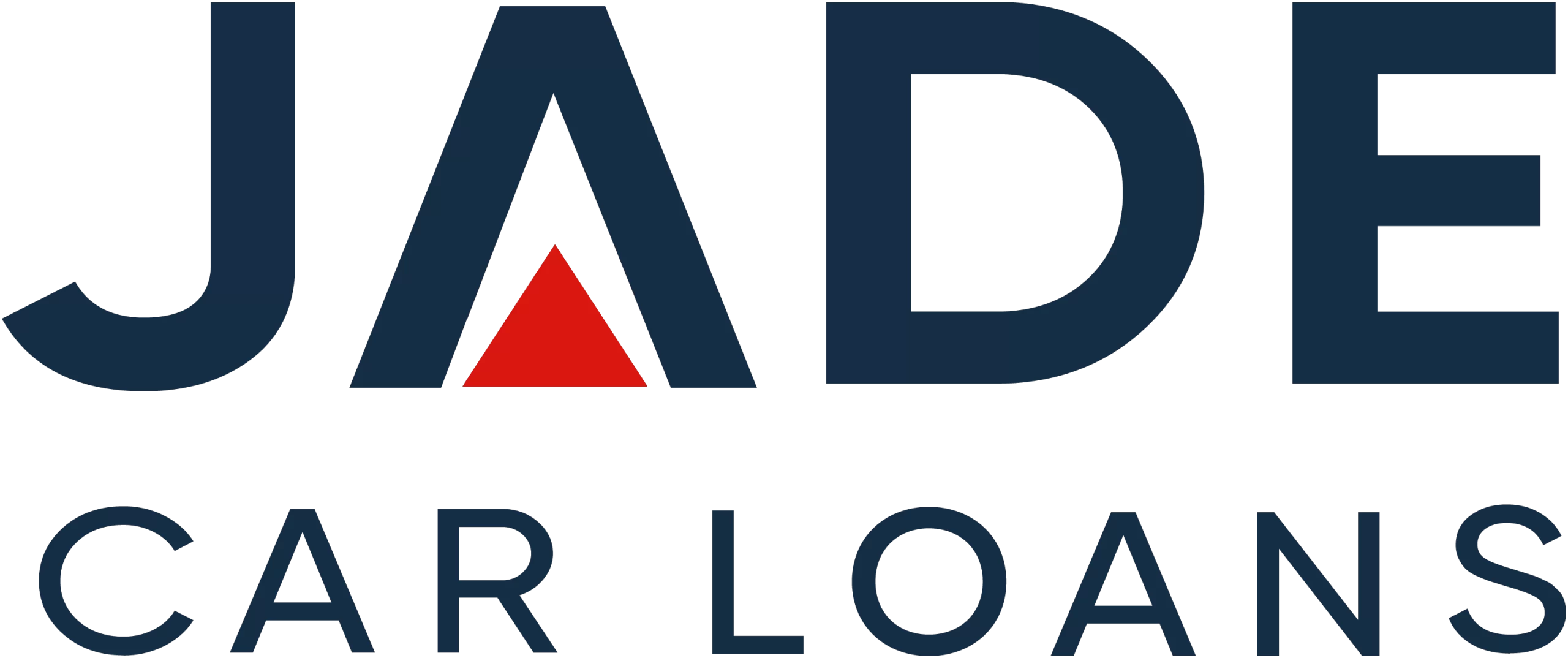The final meeting for the year of the Reserve Bank of Australia (RBA) Board to determine the official interest rate was held on 7th December. The outcome of the meeting was hardly surprising considering the Board’s consistent messaging over recent months. We relate the RBA’s December interest rate decision around the official cash rate, its outlook for the economy and any impact the decision may have on car loan interest rates.
RBA Decisions and Car Interest Rates
Interest rates are at the foundation of all private and business vehicle finance as the rate essentially determines the overall cost of the loan and affordability of a certain car for the buyer. Jade Car Loans focuses on achieving cheaper interest rates to optimise affordability of car loans for our customers.
So how does decisions on the official cash rate affect the car loan interest rates we can achieve? Part of the RBA’s responsibilities as Australia’s central bank is to set the official cash rate. This is not the interest that borrowers will be offered for loans but the rate charged on unsecured overnight loans between the banks. Essentially and in simpler terms, it is a base rate which is one of the factors that determine how much lenders pay for the funds and hence what they will charge on the loans and finance.
The official cash rate has been at the historic low level of 0.1% since November 2020 after the RBA cut the rate on several occasions in 2020 as a monetary policy response to the effects of the COVID-19 pandemic on the Australian economy. Essentially, the cheaper money is to borrow, the greater the incentive for primarily businesses to borrow to invest and hence stimulate the economy.
December RBA Outcome
At the December 2021 meeting the RBA Board made the decision to hold the official cash rate at the current 0.1% or 10 basis points. While not really surprising, it comes as many in the financial markets are expecting the RBA will need to increase the rate as inflation pressure increases.
In the statement explaining the December decision, the RBA Governor, Philip Lowe outlined the central bank’s reasoning and expectations for the economy.
Key points in the statement include:-
- The economy is recovering after the setbacks caused by the major outbreak of the Delta variant of coronavirus.
- Household spending is bouncing back strongly and the business investment outlook has also improved.
- Uncertainty exists around the Omicron but there is an expectation that it will not derail the current recovery.
- In the first 6 months of next year, 2022, there is an expectation that the economy will return to the path it was on prior to the emergence of the Delta strain.
- A strong labour market recovery is indicated with historic high levels of job ads and many businesses facing difficulties in filling job vacancies.
- While growth in wages has shown some pick-up, it remains at a relatively low rate.
- As a tightening in the labour market emerges, wages growth is expected to pick-up but only at a gradual level.
- Inflation (a key indicator for the RBA to move on rates) is noted as increasing but still remaining at a low 2.1%. The CPI inflation rate, impacted by high fuel prices, is at 3% but the underlying inflation rate is the target being watched by the RBA.
- A 2.5% underlying level of inflation is expected to be reached over the 2023 year.
The RBA has consistently stated that it is looking to this key inflation rate to be in the range of 2-3% and sustained in that range before moving to increase the cash rate. Soaring house prices has been a concern for the markets and analysts to urge the RBA to move. But the RBA statement notes that loan commitments in the housing sector have declined recently from the higher levels posted in the past year.
The RBA Board does not meet again until February 2022 and at that meeting it will consider its bond buying program which forms a major part of the monetary policy and economic stimulus over the past two years.
Where to now with car loan interest rates?
The decisions made by the RBA on the official cash rate do have a significant bearing on the rates which our lenders attach to motor vehicle finance. The rate is one of the keys to their costs but is not their only consideration. Many lenders source funds from international channels and the costs associated with this process will vary. As such, lender rates will also vary across the lender market and across the types of loans.
For now, our commercial vehicle loan interest rates across our Jade Car Loans portfolio remain extremely low and in line with our consistent policy of achieving better interest rates on all our loan categories. For those considering a new car purchase with finance, securing a fixed interest rate loan will lock-in that loan at our current car loan interest rate for the full term of the loan.
So even if rates do increase at any time during the car loan repayment period, the interest rate on that loan will not change.
As we said, the next decision on the official cash rate by the RBA is not scheduled until February 2022 and all will be hoping that no further new strains or twists and turns with COVID-19 will impact the economic recovery in coming months.
Contact Jade Car Loans 1300 000 003 to discuss a fixed interest rate car loan.
DISCLAIMER: IN REGARD TO MISREPRESENTATIONS AND ERRORS CONTAINED IN THE MATERIAL AS PRESENTED, LIABILITY IS NOT ACCEPTED. THE DETAILS AND CONTENT IS PROVIDED FOR CAR BUYERS AND INDIVIDUALS AND BUSINESS SEEKING FINANCE PURELY AS GENERAL INFORMATION. THIS IS NOT PROVIDED AS THE ONLY SOURCE OF FINANCIAL INFORMATION. ANYONE THAT CONSIDERS THAT NEED FINANCIAL ADVICE ABOUT THEIR SPECIFIC REQUIREMENTS SHOULD SEEK THEIR OWN FINANCIAL ADVISOR.


 " alt="">
" alt="">